Chad Harbach of N+1 curated a book of essays called MFA vs NYC that lays out the scene as-it-stands for NYC publishing editors, agents, writers, and satellite bookish NYC others. Kudos for all of the essays in MFA vs. NYC.
Particularly job well done on Harbach’s introductory essay. His comments on the status quo of NYC houses and MFA university programs not only ring true, but sting. It sucks that NYC editors have become like Hollywood executives searching for blockbusters and the university MFA program environments have become like writer’s camp: safe havens for writers of all shades of talent.
My problem with MFA vs NYC, is that, well, these essays forgot something rather, um, large as it relates to the culture of American fiction.
The Internet, people. You forgot the Internet.
Okay, okay, I’ll admit: Darryl Lorenzo Wellington did write an essay about his participation in the reality-TV-esque Amazon Breakthrough Novel contest. But, that essay was basically an authorial confession for having played a part in the contest, not a true study on how Amazon’s publishing model affects American fiction. Also, Harbach of course mentioned that: “technology sends the New York publishing world into spasms of perpetual anxiety.” But, that’s not what I’m talking about.
I’m talking about the fact that NYC and MFA programs are dual cultures for fiction, yes, but they are dual cultures running right alongside and outside of and on top of and mixed in with a third culture – the Internet – which in its wild-west-shoot-em-up-new-frontier way is fostering and promoting and creating and commenting-on and editing and disseminating and publishing fiction in new and weird and fantastic ways that have never been done before. Good fiction! Terrible fiction! Weird fiction! Mediocre fiction!
The Internet is not only a culture of fiction, but a force for fiction. A force that is running us all down like a freight train. It’s scary and loud and attracts vagrants and weirdos and might run off the rails, but, hey! It’s taking us to the new frontier!
In light of this, I disagree with many, many statements in the essay “MFA vs NYC,” and the sensibility of the collection of essays in MFA vs NYC as a whole.
In particular: I disagree with the sentiment stated throughout that MFA university programs are the only other realistic avenues to which would-be NYC writers, editors, and agents could flock. This is just not the case anymore. The Internet has become a thing of wide-open-possibilities -- giving writers, editors, and agents oodles of opportunities to make money from writing and publishing fiction.
And even if the Internet doesn’t bestow a pile of money onto an enterprising writer, editor, agent, etc., these talented fiction-ites (if they love it enough) will do this work for free. They will come home from their full-time jobs and, despite their exhaustion, will still find the time to write. Because if they really love and need to write it will chase them like Faulkner’s demon, propel them into the gray light of the morning to their notebook or their iMac to hammer out a few more words. Because they need it more than they need sleep, wine, food, company, money. The fact that these writers who do this obsessive work have the gift of the Internet as publisher.
Despite the fact that these prominent American writers wrote thoughtful and practical state-of-the-union essays about a specific set of NYC or MFA writers, the collection feels a little head-in-the-sand-ish considering the fact that the Internet and its fiercely chomping jaws has basically already destroyed the old guarde. Has freed them to maybe move to Cleveland (oh gawd no!) and say what they need to say. Forge their own path. Think outside the box. Create something new that speaks in the voice of their generation.











